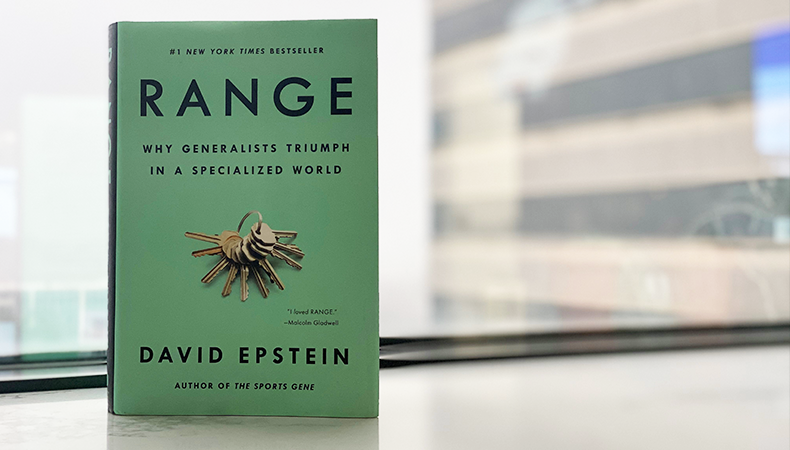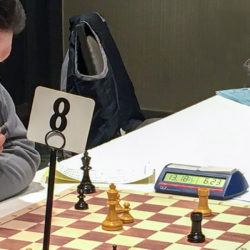
I have seen a theme in several books I’ve been reading lately. The authors make the case that the only way to succeed in a competitive field is to specialize early and commit to deliberate practice from an early age. This idea can be frustrating for people who weren’t given that kind of direction and started focusing their attention later. How can you compete with someone who started training at age 3? David Epstein’s book argues the opposite—there are benefits to developing a variety of skills from different fields.
I especially liked his discussion of “kind” vs. “wicked” learning environments. “Kind” learning environments reinforce important skills with practice—think chess or math. “Wicked” learning environments, on the other hand, reinforce rules and habits that ultimately work against you. Imagine a hypothetical investing strategy that was 95% to win a small amount each year with a 5% chance of blowing up spectacularly. Most years you’ll look like a genius—until you don’t.
The other idea that resonated with me was the importance of “match quality.” By sampling a variety of potential vocations early, you’re more likely to find a career that suits your skills and interests. By trying high-risk, high-reward careers early on, you get something of a free-roll—if you enjoy it, great— if not you still have plenty of time to find something else that fits you.
A modern example of the battle between range and specialization that Epstein brings up is— improbably—chess. The best chess player today is not a computer, it is a human-computer combination known as a “centaur.” The computer handles short-term combinations of moves while the human evaluates the outputs from the machine and focuses on long-term strategy.
The skills required to be successful in this game are not the ones you get from memorizing chess combinations. Epstein writes the following about Anson Williams, one of the most successful “centaur” human players: “In traditional chess, Williams was probably at the level of a decent amateur. But he was well versed in computers and adept at integrating streaming information for strategy decisions. As a teenager, he had been outstanding at the video game Command & Conquer, known as a ‘real time strategy’ game because players move simultaneously.” Centaur chess is an example of how a person with a combination of computer skills, strategic thinking, and decision making ability can beat a narrow specialist (like a machine).
The material in this book should generate discussions on how to best structure training for fields that benefit from a generalist’s skillset. If nothing else, the book provides some comfort that the random skills and talents you spent time learning might be more useful than you think.
Follow-up Questions:
What are some example of “wicked” learning environments you’ve encountered?
How did you adjust your learning strategies for them?
What careers are especially suited for generalists?
What talents do you have that synergize well together and allow you to succeed in your field?
At SIG we have a number of trading roles that use a combination of computer algorithms and human strategic thinking. What skills do you think are most important in this kind of role?




Subscribe Now
Get each new post sent straight to your inbox